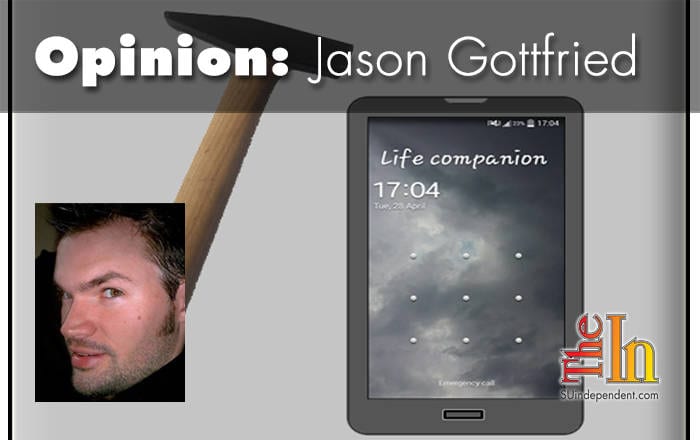
I don’t have a smartphone, and I don’t want one. As a congregant at the church of Lud, it conflicts with my religious beliefs. (Don’t worry, the irony that I just typed that on a laptop isn’t lost on me.)
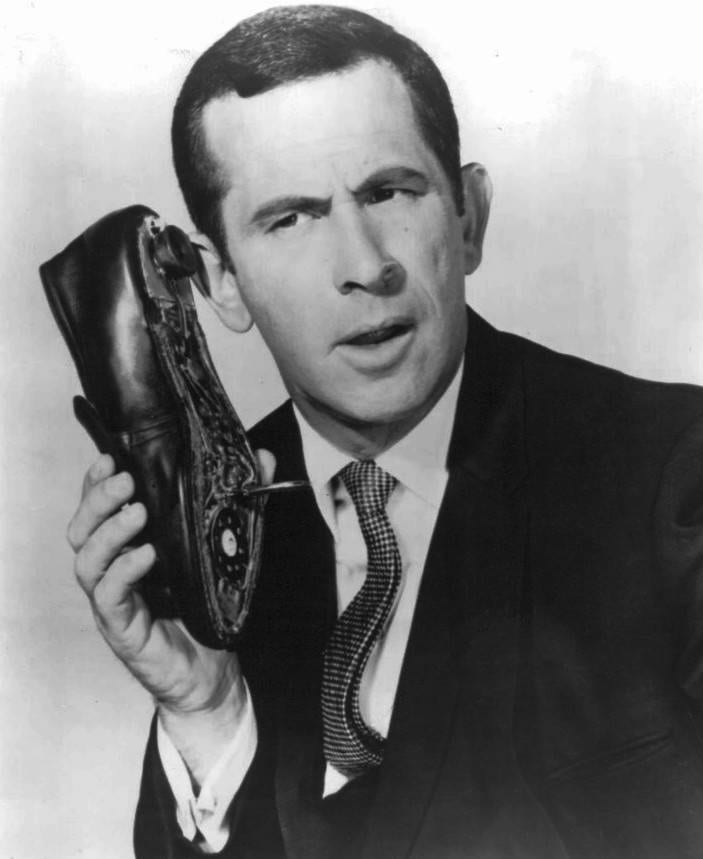
As a single dad, I try to squeeze every ounce out of the four days I spend with my daughter, so I work early in the mornings and during my three days “off.” The rest of the time is father-daughter day, every day, and I consequently spend a lot of time at parks.
This also means that I spend a lot of time watching other parents stare vacantly at a magic rectangle, fondling it with a thumb, while their kids try to get their attention—usually in vain.
Some people even bring their smartphones to the pool. No, I mean in the pool. Yeah. I guess you can get a waterproof pouch for your smartphone so that you can hang it around your neck.
I recognize the value that a smartphone has in certain professions. Whether or not it’s evil is one thing, but it’s inarguably invasive. There is a very crisp line between mere recreation and addictive behavior, and when you can’t stop, it’s an addiction, plain and simple.
The successful invasion of American life by the smartphone is a bummer on multiple levels.
Smartphones are ultimately unnecessary and facilitate compulsive behavior
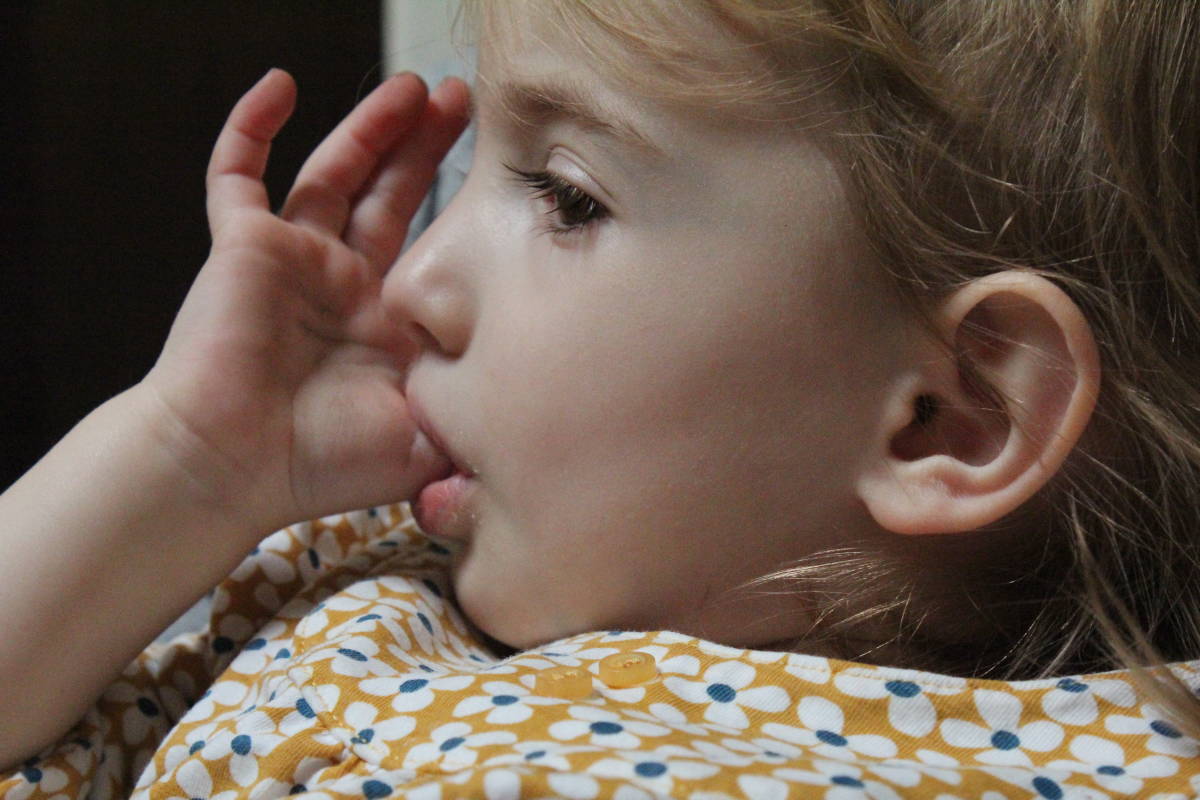
I wish these people could see themselves tranced out by their 2015 Game Boys. That’s what these things are. A smartphone is a handheld Playstation for adults. If the American Revolution was pulled off with letter carriers on horse as the primary means of communication … well, what is so urgent that you can’t detach from Facebook for a few hours? And unless your house is on fire, the texts can wait.
I’m not judging anyone. I, too, grudgingly used Facebook. I resented it greatly, but it had become so ubiquitous as to seem indispensable—not as in “valuable” but as in “I can’t throw this garbage away.” Walden Pond never looked so good. Of course, it is totally dispensible and currently resides in my personal trash can of life. But the general public’s social media fixation and its need for constant stimulation by an electronic device borders on the compulsive. It’s the new thumb-sucking.
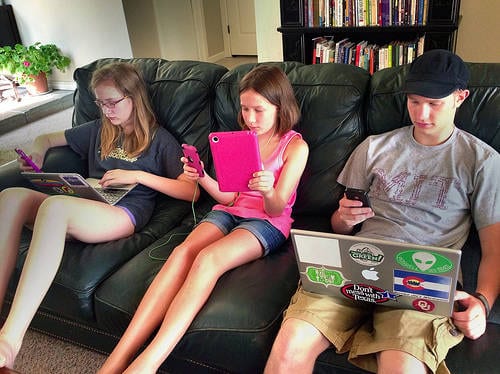
Smartphone fixation sets a bad example for kids
I don’t have a television in my house, and I never will. Even without kids to consider, there are dozens of reasons for that, and you can begin with Jerry Mander’s “Four Arguments for the Elimination of Television.” But besides that, I love the heck out of my child, and I want her to grow up to be happy and healthy. I know the impact that “screen time” has on a young brain. I spent way too much time as a kid watching TV and playing video games. Now I’m working for The Independent! See what I mean? Who would wish that fate on any child?
Seriously, though, this issue warrants an article unto itself, and Victoria L. Dunckley, MD, already wrote it for Psychology Today. It’s worth a read, but the gist is this: “Chronically irritable children are often in a state of abnormally high arousal, and may seem ‘wired and tired.’ That is, they’re agitated but exhausted. Because chronically high arousal levels impact memory and the ability to relate, these kids are also likely to struggle academically and socially.” Sound familiar?
As Pascal said, “All of humanity’s problems stem from man’s inability to sit quietly in a room alone.” If you love your kid, pull the plug, but lead by example and put down the phone as well.
Taking selfies is vain

The whole “selfie” phenomenon is a massive cultural exercise in unbridled vanity. Some suggest that it’s a mental disorder unto itself. For example, the University of Birmingham, the University of Edinburgh, and Heriot-Watt University published a joint study of over 500 Facebookers that suggests that posting selfies is associated with fewer and less intimate relationships. In 2014, 19-year-old Danny Bowman became so obsessed with selfies that he attempted suicide.
Had he owned a smartphone, Ron Burgundy wouldn’t have had to yell, “Hey everyone! Come see how good I look!” He could’ve just taken a selfie.
If you think that obsessing over your own image is unhealthy and that narcissism is an undesirable trait, good for you. But consider what your kids think when they see that behavior in their parents. As with sex, drugs, and alcohol, they’re gonna do what you do.

Smartphones distract us from being present
This technology is robbing people of their lives. Yikes! Sounds dramatic, huh?
It ain’t. I hate to sound sappy, but the fact is that the present moment and each other is all we ever have. Ever. To lose the ability to value that is to lose everything. I would imagine that in our final thoughts, many of us will have a remorseful moment wherein we realize too late what was really precious. In your last moment, what would you trade for ten more minutes with your children? Heck, what wouldn’t you trade?
There simply isn’t enough time when it comes to our children. Fast-forward to your deathbed, and think about the time you could’ve spent with your loved ones, and then rewind to the present. The miracle is that your life is happening now. Advertisers across the world would rather you squander it on their various meager trivialities than stay in touch with the present.
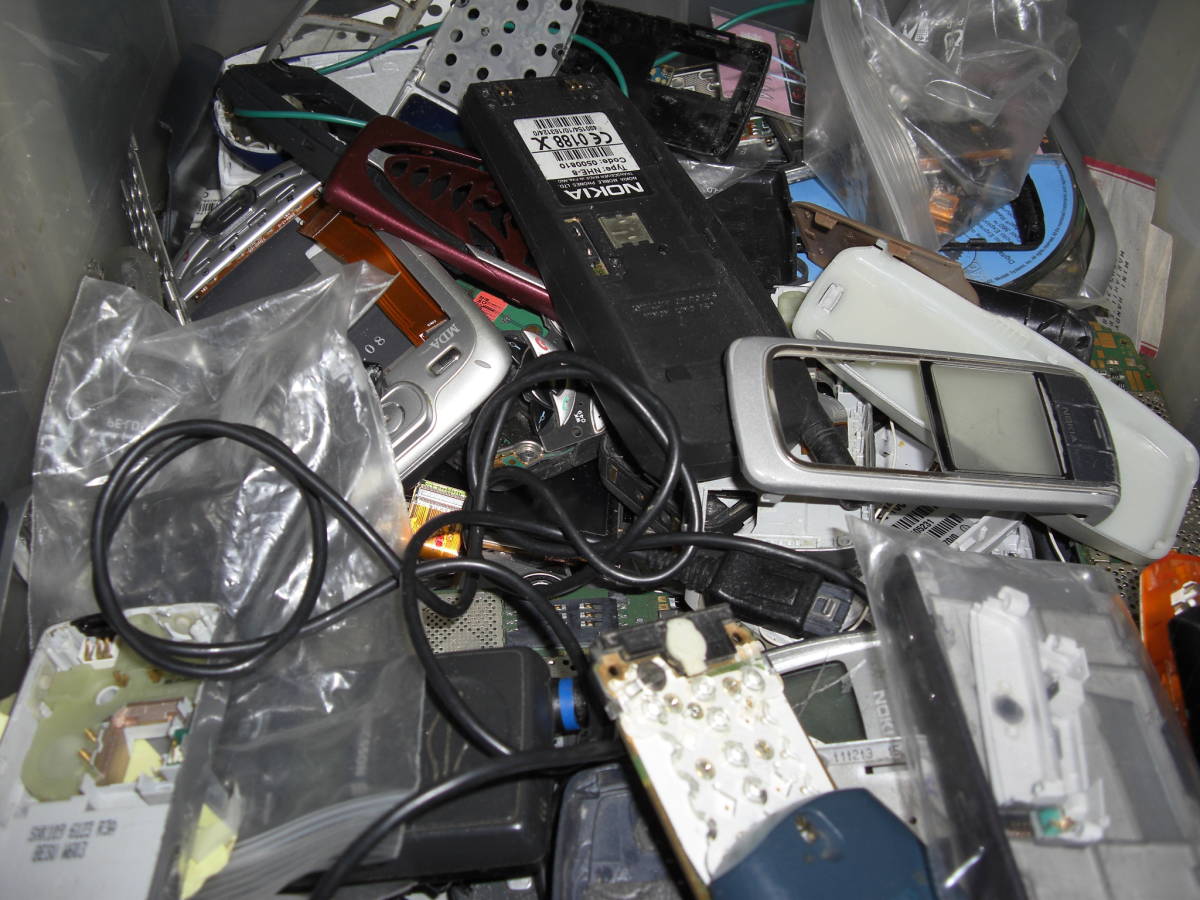
What do you think Bob Marley meant when he sang, “Emancipate yourself from mental slavery”? Screw advertisers! Screw the internet! Screw Facebook! Screw TV! You can get those ten minutes and so much more back right now. Throw your smartphone in the trash. Take a deep breath. Welcome back to planet Earth.




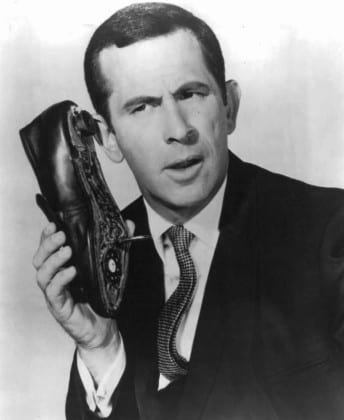
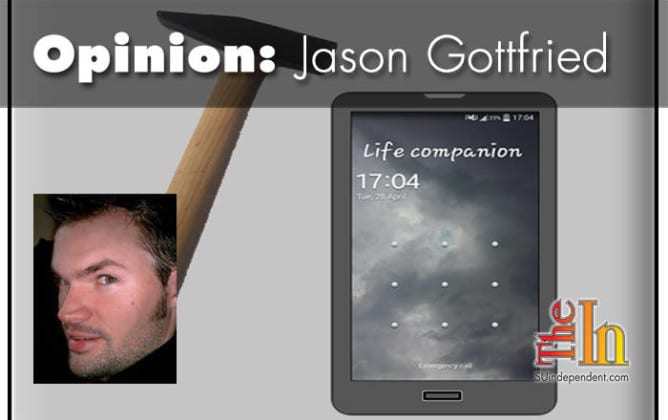



Praise be to Saint Turing! May the goodness of Saint Babbage shower upon you. A kindred spirit!
.
I’ve spent my life creating software for people. I LOVE computers. The joy of finally getting a difficult program to run … to live and thrive and do good for people … has been a signal joy to me for my entire life. I’ve co-authored two fairly large books about software. (Look me up at Amazon.)
.
But I hate cell phones and Facebook too and I refuse to use them. They bear the same relationship to the technology that I used to love that Kudzu vines do to vegetation. In a recent email, I compared Facebook to heroin.
.
When I first started programming, people did it because they loved it. We techies would gather together and celebrate the joy of software. (Ever attend a Blue Chips meeting in Salt Lake?) The MOST FUN I EVER HAD STANDING UP was at Comdex – the magnificent volcano of technology that they used to hold in Las Vegas — ALL of Las Vegas. It was that big.
.
Then, computer technology contracted an infectious and chronic disease. The first victims could be identified by the money bulging out of their pockets. Marketing executives took over IBM, then Microsoft. Even Word Perfect here in Utah fired good old Pete Peterson and replaced him with consultants. (http://smile.amazon.com/Almost-Perfect-W-E-Pete-Peterson-ebook/dp/B003XKNWUE/ref=smi_www_rco2_go_smi_b2203121562)
.
Before long, all of the joy — all of the rapture — was gone. People didn’t pull all-nighters to make something work — they did it to get rich. And the main goal for what they did was to get rich too. Computer technology isn’t ‘elegant’ today; it’s addictive — controlling — unavoidable — domineering, dictatorial and despotic.
.
I hope there is something today for young people. Personally, I’m as old as rocks and I don’t understand them nor do I care to. But it would be a shame if things are as desolate as they appear to be from where I am.